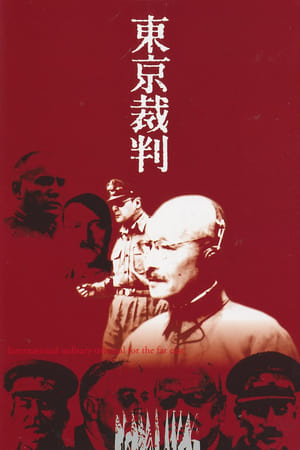Centering on the important historical event of the Beijing trial, this film not only tells the process, but also raises a series of legal issues and ethical and moral questions of international law, such as the law after the event, the existence of war crimes, as well as the choice of personal defense and national defense, and the selection criteria and behind-the-scenes secrets of war criminals of the International Tribunal for the far East. Some questions, such as whether the emperor is guilty, the law afterwards, and so on, are still debated. In addition, through the full and accurate records of this film, we also learned some facts that we did not know before, such as the Manchurian emperor Puyi once perjured in court, and the anti-emperor remarks that once appeared in Japan after the war were so bold. in addition, it may be the relationship of the age. This documentary filmed in the 1980s may be influenced by the leftist movement of that year, and the whole film shows a disgusting tendency of anti-Americanism from time to time, and because the information of that year is not declassified enough, some of the details are different from the analysis of the documentary film on the NHK Beijing trial recently. On the one hand, the criticism of the emperor and other state systems is very bold, but on the other hand, there is a faint nationalism. The Palfa that wrote an innocence minority verdict on the defendant.
 7.5
7.5